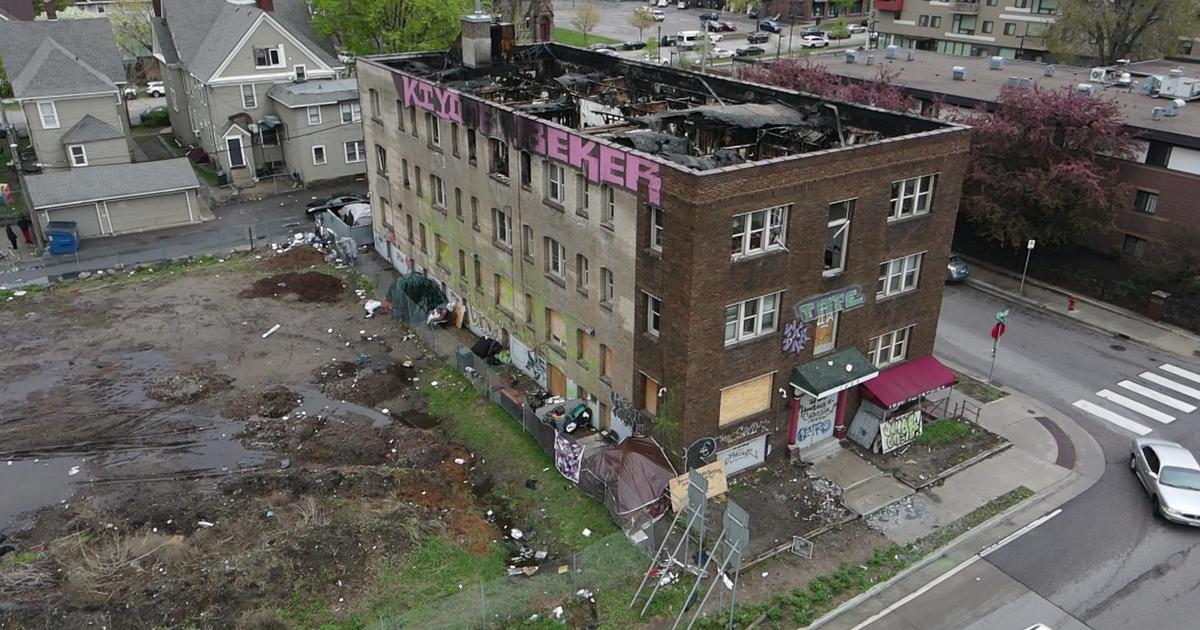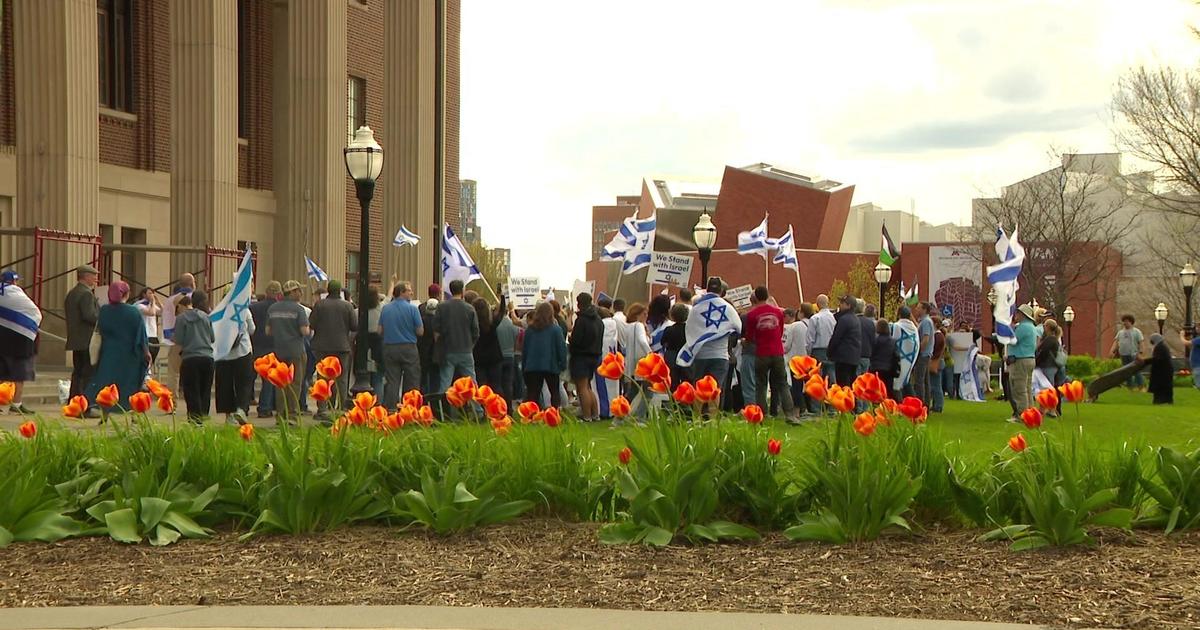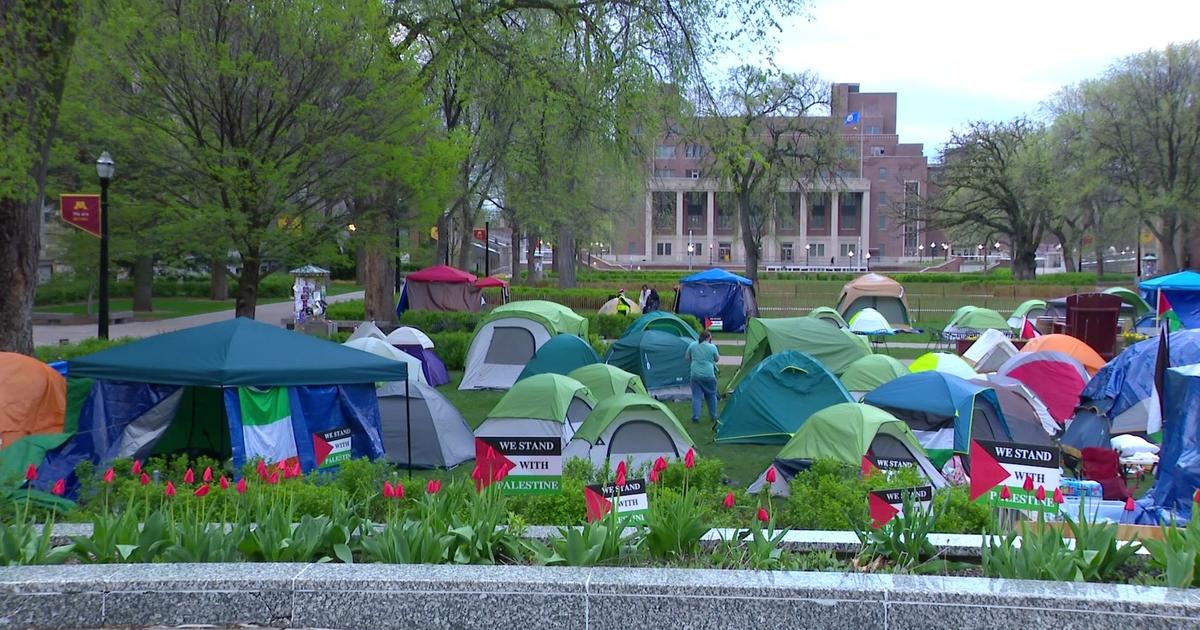How independent monitor plans to oversee, implement Minneapolis police reforms
MINNEAPOLIS — Minneapolis is moving closer to implementing court-ordered police reform.
The city has chosen the nonprofit Effective Law Enforcement for All to monitor the progress toward compliance with a settlement agreement with the state's Department of Human Rights, as well as a forthcoming consent decree with the Department of Justice.
The reforms are aimed at the Minneapolis Police Department's culture, policies, and training.
"That is not an overnight process," said David Douglass, the president of ELEFA.
Douglass will run the team of about 10 people who will monitor MPD's progress. He says they'll be on the ground in Minneapolis within the next couple weeks.
"[We'll be] learning all we can and then we enter a 90-day period in which we refine a plan that will guide us for the next four years," Douglass said.
MORE: Woman pleads guilty to helping move central Minnesota man's remains hidden in tote last spring
The changes will cover use of force, de-escalation measures, traffic stops and arrests, as well as the response to mental health crises.
"What we're talking about here is institutional change, and institutional change is hard," Douglass said. "You can change the rules, but you have to train people to the new rules and show them how to comply with the new rules and hold them accountable."
Douglass's team has monitored the New Orleans Police Department for more than a decade.
Leadership there says to expect a very hands-on approach.
"We work together [with the monitors] to develop the policies and the procedures," said Nicholas Gernon, a deputy superintendent with NOPD. "We up until recently were doing weekly meetings where we would almost recount all the work that occurred in the previous week, so it wasn't just a check in, it was a review."
Gernon says it will be up to police and city leadership to set the tone for rank-and-file officers.
Douglass is optimistic about MPD's commitment to the process, particularly because of Chief Brian O'Hara's previous experience working under a consent decree.
"We will be speaking with officers, riding with officers, meeting with members of the community, holding public meetings, so people will definitely see us in Minneapolis," Douglass said.
The city of Minneapolis is paying for the monitoring. It could cost up to $6 million for the target timeframe of four years.




